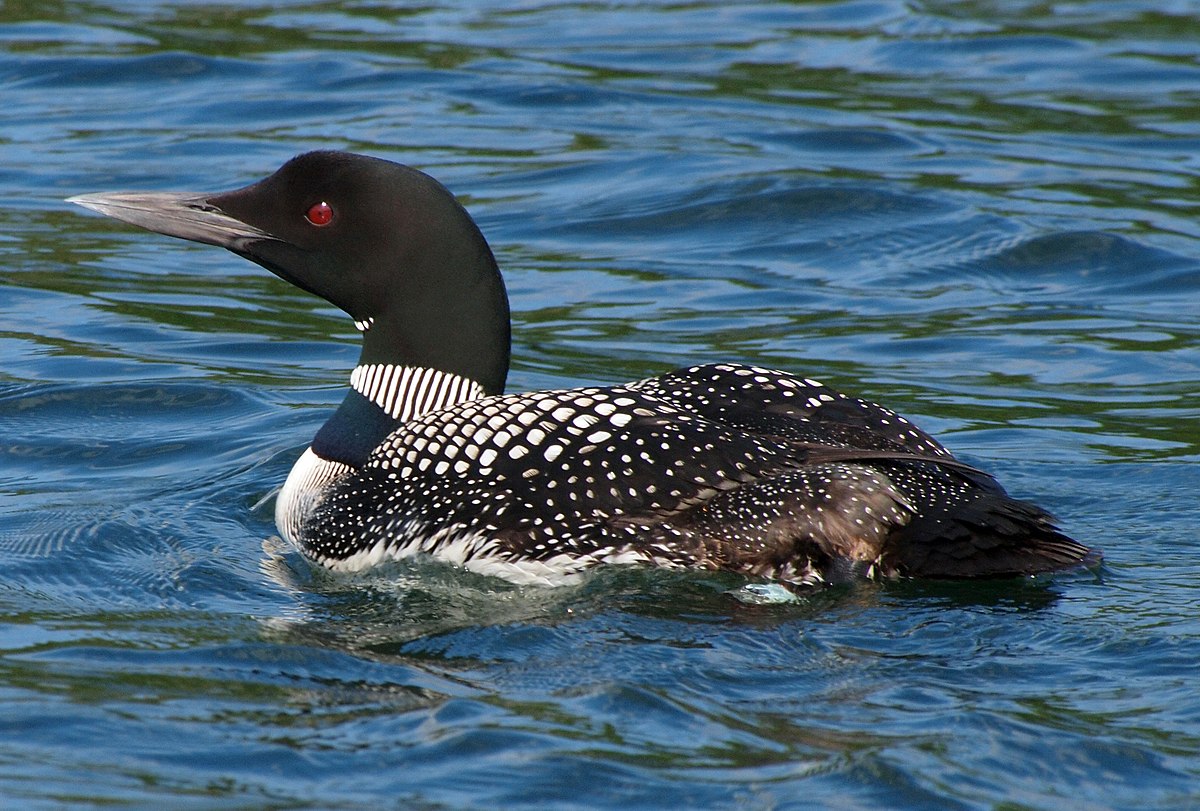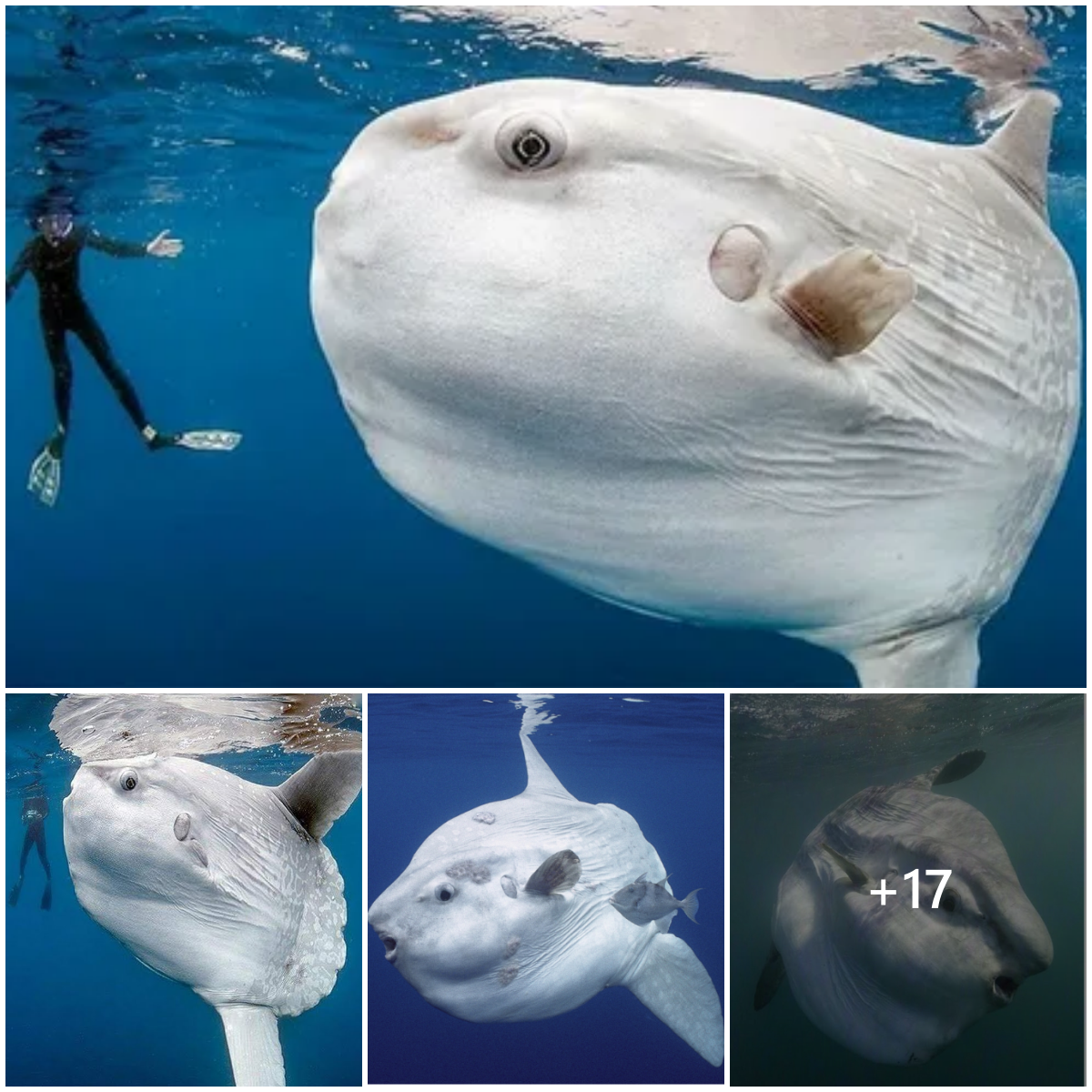This article was co-authored by Julie Hill-Gabriel and Melinda Cep.
One year ago, President Biden signed the Inflation Reduction Act (IRA), the most significant climate and clean energy bill ever passed in the United States. The IRA includes investments and innovations in clean energy, infrastructure efficiency, electric vehicles, public transportation and grid modernization, while prioritizing American communities and working families. dynamic. This historic climate law also brings hope to birds and humans in the fight against climate change. Most importantly for bird species, two-thirds of which are threatened with extinction due to climate change, the IRA has made significant investments in natural systems, habitat protection, voluntary conservation and Wetland restoration across the country. From the Great Lakes to Florida to the Great Salt Lake, birds like the Common Loon, Roseate Spoonbill and Wilson’s Phalarope are poised to benefit from IRA investments. We all do.
![]()
The Disinflation Reduction Act builds on the critical clean energy and climate investments led by the Biden Administration and includes significant funding for water and farmland in ways that strengthen Bird habitat and community resilience. Specifically, the IRA spent $4 billion to address drought in the Western United States and nearly $20 billion to support voluntary conservation on ranches and farms across the country. These two funding sources are important down payments to address habitat issues affecting ecosystems across the country.
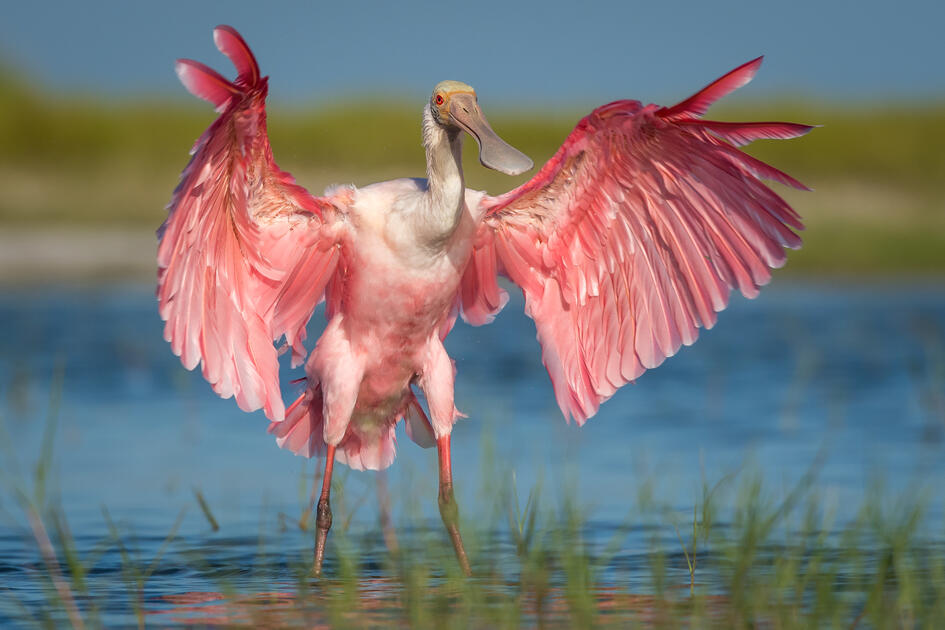
The $4 billion in drought funding includes critical support to allow agricultural and municipal water users to voluntarily reduce their water consumption, thereby leaving more water in the river. And, it promotes habitat restoration in drought-affected areas and projects aimed at effective water conservation.
A portion of this funding is allocated to address the immediate drought crisis in the Colorado River in early winter 2022, including initial interim payments for reduced water use. Two additional rounds of funding are being finalized—Audubon and our partners are providing ongoing comments and feedback to the Bureau of Reclamation to advance habitat and ecosystem restoration projects and multi-benefit projects. These include agricultural upgrading and innovation, industrial and urban projects as well as water agreements.
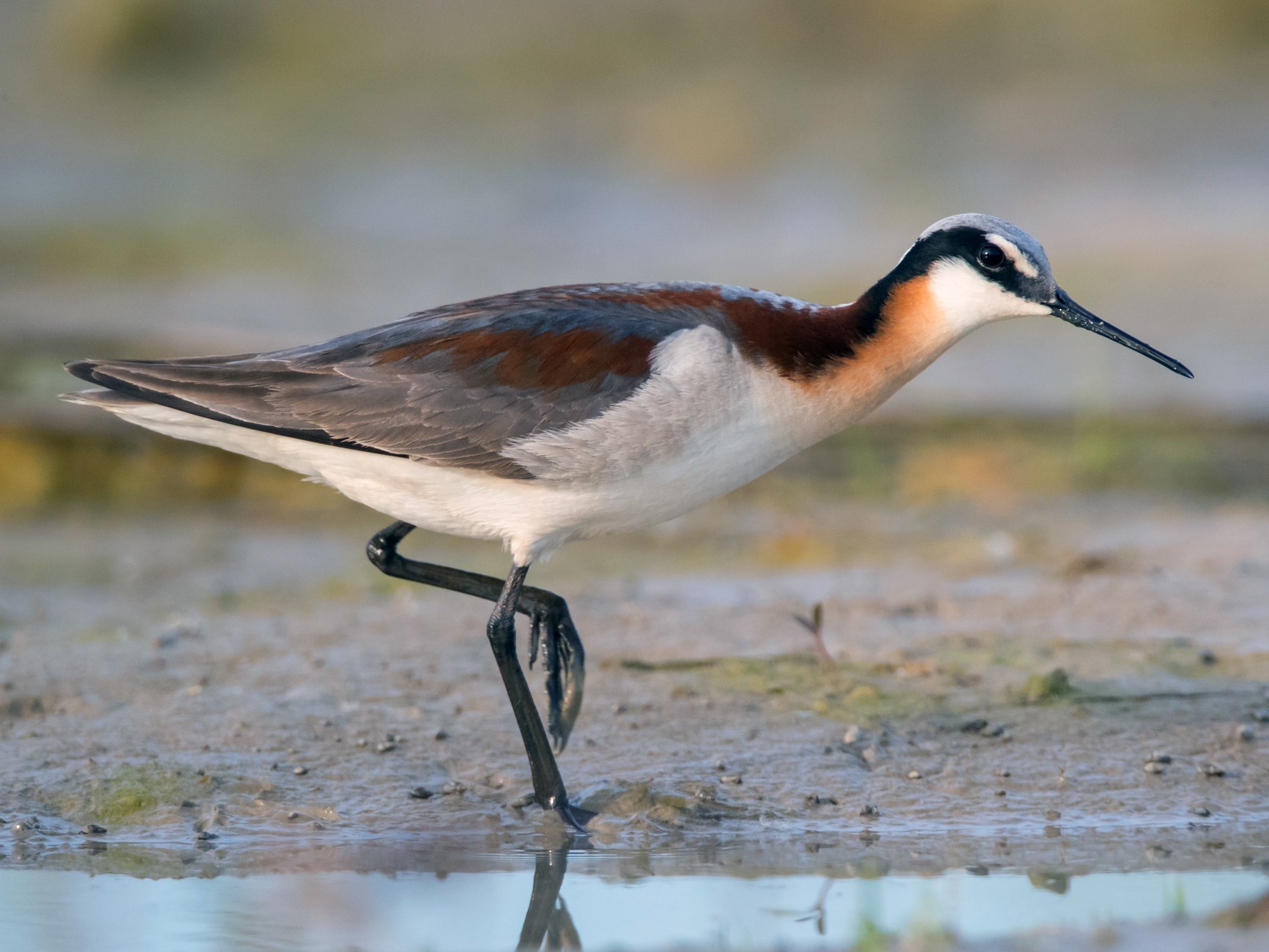
The $20 billion grant for voluntary conservation through the U.S. Department of Agriculture is a huge win for birds, especially endangered grassland-dependent birds. due to habitat loss. The first round of funding worth $850 million was made earlier this year. After receiving overwhelming interest, landowners and producers applied directly for this additional funding through the Environmental Quality Incentives Program (EQIP) and Conservation Stewardship Program (CSP) ) and eligible parties have applied for funding through the Agricultural Conservation Assistance Program (ACEP). Eligible parties have until tomorrow to submit their proposals for the first round of the Regional Conservation Partnership Program.
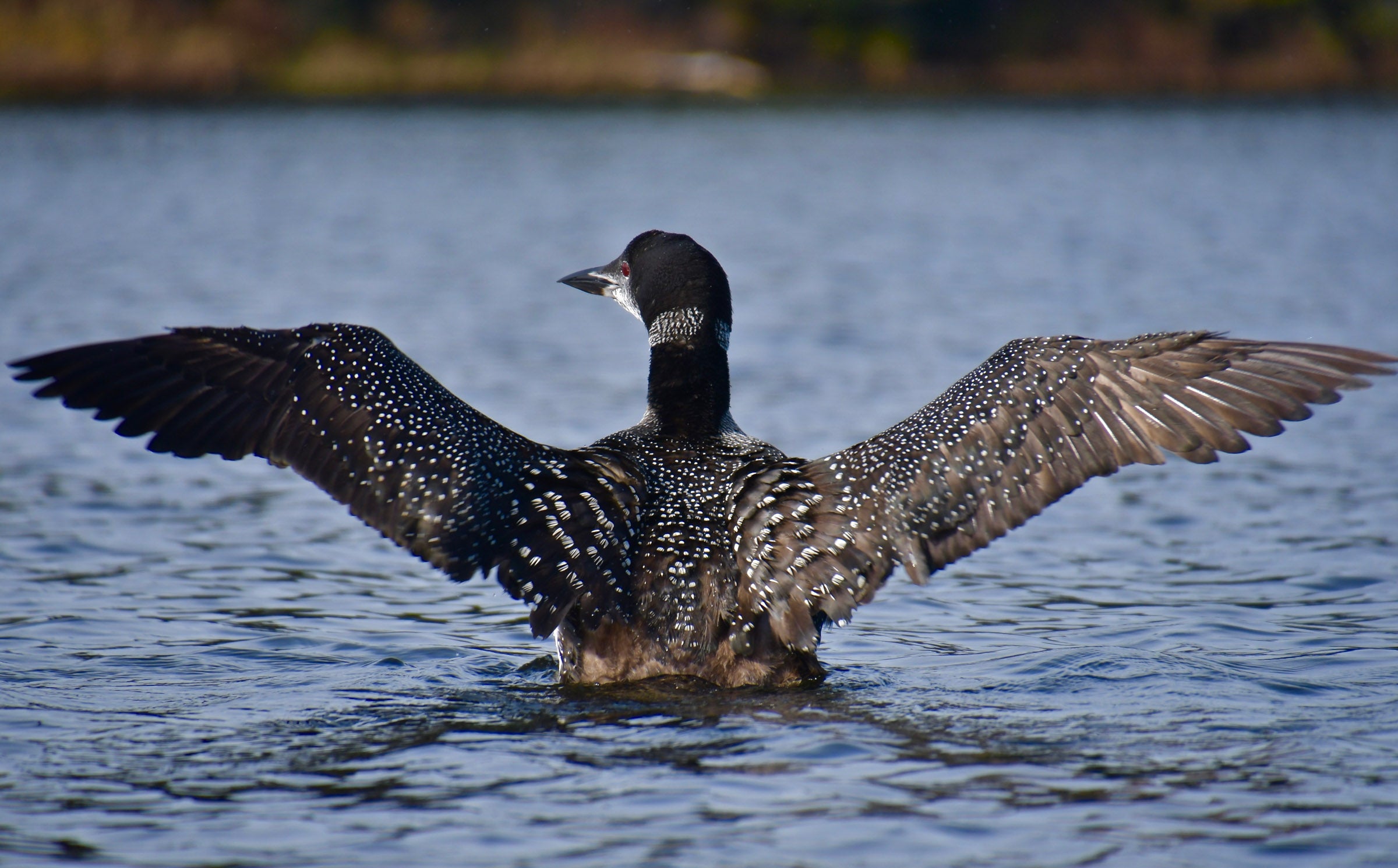
This transformative IRA grant aims to help producers implement climate- and habitat-friendly practices on their farms and ranches. It will be spent on the community: paying small businesses to build infrastructure, buying grass seeds, supporting forest management through certified forester, etc. To help maximize impact As a result of IRA funding, Audubon submitted comments to USDA to support natural bird habitat and climate solutions through the restoration and protection of working lands – including wetlands, forests and grasslands. Audubon will continue this important work to ensure that more practices important for birds and climate mitigation are eligible for this funding as the IRA continues to roll out.
While the Disinflation Act is not a household name, the benefits it delivered—and will continue to deliver in the years to come—are among the most important advances for climate action in the country’s history. Audubon firmly supports this historic legislation and opposes any effort to mitigate its impact or redirect this funding.
